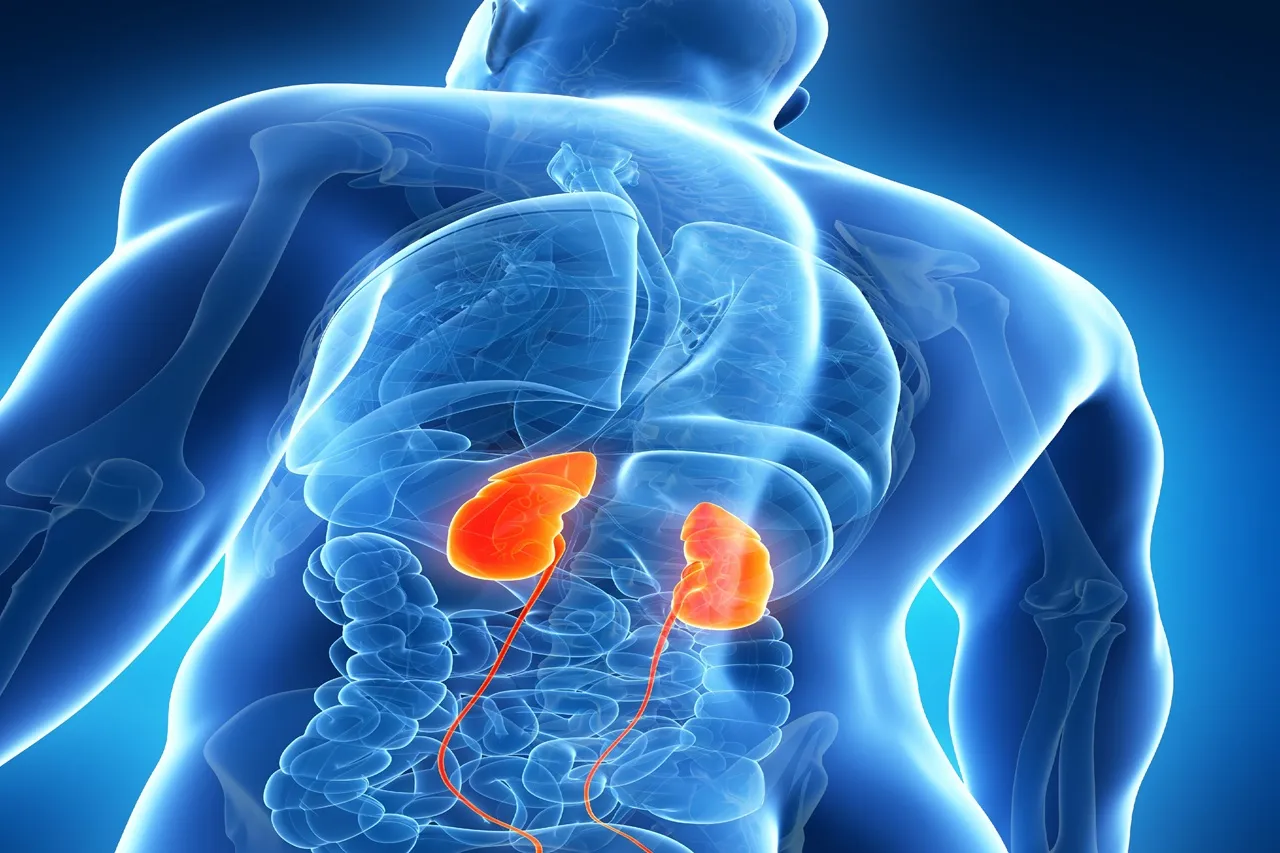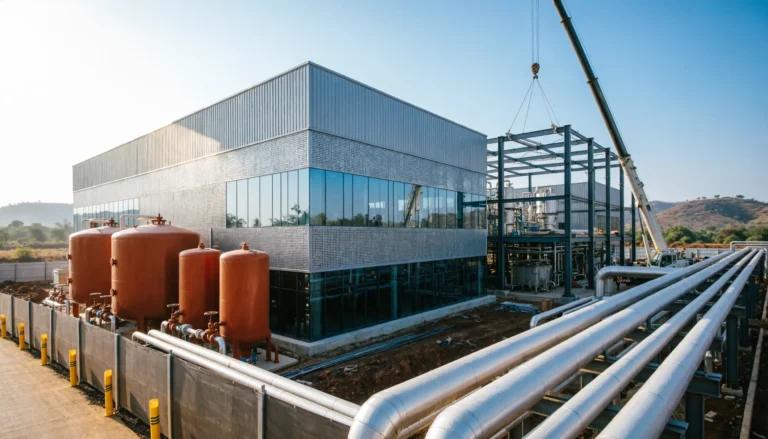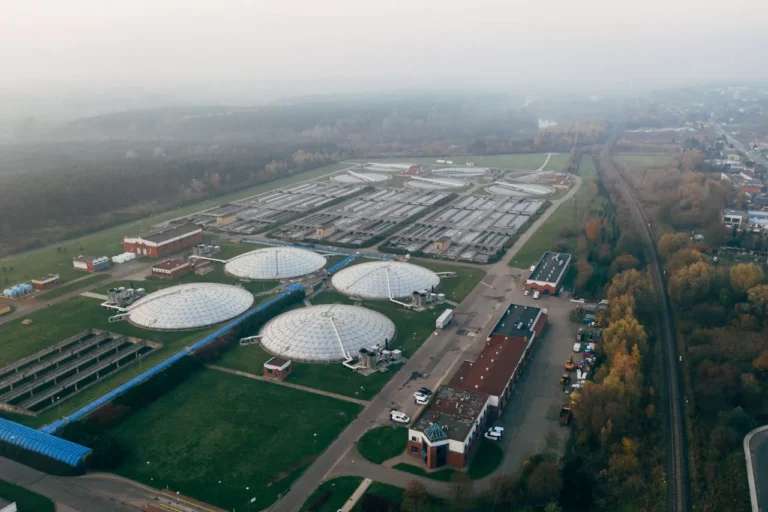
Renasant Bio Launches with $54.5M to Advance Next-Generation Therapies for ADPKD
Renasant Bio (Renasant) today announced its official launch with a bold mission: to pioneer next-generation, disease-modifying treatments for autosomal dominant polycystic kidney disease (ADPKD)—the most common inherited cause of kidney failure. The company is developing an innovative pipeline of oral small molecule correctors and potentiators that directly address the underlying protein dysfunction caused by mutations in the PKD1 and PKD2 genes.
With $54.5 million in seed funding co-led by founding investor 5AM Ventures, along with Atlas Venture, OrbiMed, and Qiming Ventures, Renasant is positioned to accelerate its lead programs through preclinical development and expand its discovery efforts.
A New Approach to a Devastating Disease
ADPKD affects over 12 million people worldwide, including roughly 600,000 in the United States alone. It is a progressive, life-limiting disorder caused by genetic mutations that lead to the development of fluid-filled cysts in the kidneys. Over time, these cysts enlarge, damaging kidney tissue and frequently resulting in end-stage renal disease (ESRD)—requiring dialysis or transplantation.
“ADPKD is a devastating genetic disorder that still lacks truly disease-modifying therapies,” said Emily Conley, Ph.D., CEO of Renasant Bio. “Our goal is to change that. By directly targeting the root cause of the disease—dysfunction of polycystin proteins—we hope to halt or even reverse disease progression.”
Renasant’s scientific platform is built to address the extreme heterogeneity of ADPKD, where more than 1,000 different mutations have been identified in PKD1 and PKD2. Importantly, no single mutation is present in more than 2% of patients, presenting a significant challenge to traditional therapeutic strategies.
The Science: Correcting and Potentiating Polycystin Function
At the core of Renasant’s approach is the restoration of normal function to the PC1 and PC2 proteins encoded by PKD1 and PKD2, respectively. These polycystin proteins are essential for maintaining healthy kidney cell signaling and structure. In ADPKD, mutations disrupt their function, leading to cyst formation and impaired kidney function.
Renasant’s therapeutic strategy includes:
- Small Molecule Correctors – These are designed to stabilize and properly fold the mutated PC1 and PC2 proteins, helping them traffic to the correct location in the cell and restoring partial or full function. Renasant’s lead corrector candidate is currently in preclinical development.
- First-in-Class Potentiators – These compounds aim to enhance the activity of the polycystin channel, increasing ion flux and supporting signaling pathways that counteract cyst formation. This represents a novel mechanism of action in ADPKD and could complement correctors for synergistic effects.
“Correctors and potentiators can work independently, but we also see strong potential for combination therapy,” explained Gus Gustafson, Ph.D., Chief Scientific Officer at Renasant. “Our preclinical data show encouraging results, and we’re committed to moving swiftly toward clinical trials to benefit patients as soon as possible.”
Overcoming the Genetic Complexity of ADPKD
ADPKD presents a unique therapeutic challenge due to its genetic diversity. Unlike diseases driven by a small number of common mutations, ADPKD patients harbor a wide variety of private mutations, many of which lead to similar downstream effects despite their differences.
This is where Renasant’s scientific platform stands out. Leveraging expertise in electrophysiology, polycystin biology, and protein trafficking, the company has built proprietary assays that model polycystin channel activity and misfolding. These systems allow for precision-guided drug discovery with the ability to screen for efficacy across many different genotypes.
“Our platform is designed to work across the mutation spectrum,” said Conley. “That’s key to ensuring that the majority of ADPKD patients can benefit—not just a small subset.”
Seed Funding and Strategic Support from Leading Investors
Renasant’s $54.5 million seed round reflects strong investor confidence in its differentiated scientific approach and experienced leadership. Founding investor 5AM Ventures co-led the round with participation from:
- Atlas Venture
- OrbiMed
- Qiming Venture Partners USA
This financing will support advancement of the company’s lead corrector program through IND-enabling studies, as well as ongoing efforts to identify and optimize its potentiator candidates.
“Renasant was founded around a bold idea: that we could fundamentally change the course of ADPKD,” said Deborah Palestrant, Ph.D., Partner at 5AM Ventures. “This is one of the most complex diseases in nephrology, but Renasant has brought together the right science, the right leadership, and the right investors to take it on.”
Leadership with Deep Domain Expertise
Renasant is helmed by a seasoned executive team and scientific leaders with extensive experience in ADPKD biology, drug development, and company building. The company’s leadership includes:
- Emily Conley, Ph.D., Chief Executive Officer
- Gus Gustafson, Ph.D., Chief Scientific Officer
- B. Barry Touré, Ph.D., Senior Vice President, Drug Discovery
- Rachel Gallagher, Ph.D., Vice President, Biology
- Michelle Ho Huey, Ph.D., Vice President, Strategy & Operations
Supporting the team is a diverse and highly experienced board of directors, including:
- Natalie Holles, Chair of the Board
- Kevin Bitterman, Ph.D., Partner, Atlas Venture
- Evan Caplan, M.D., Principal, OrbiMed
- Anna French, D. Phil, Managing Partner, Qiming Venture Partners USA
- Charlotte McKee, M.D., Chief Medical Officer, Sionna Therapeutics
- Deborah Palestrant, Ph.D., Partner, 5AM Ventures
- Emily Conley, Ph.D., CEO, Renasant Bio
In addition, Renasant has convened a scientific advisory board composed of global experts in ADPKD genetics, protein biology, and nephrology drug development.
Looking Ahead: Toward a New Era of Kidney Disease Treatment
With no cure and limited treatment options available, ADPKD patients currently rely on symptom management and eventual renal replacement therapy. Renasant’s approach—targeting the core biology of the disease with precision small molecules—offers the potential to transform the standard of care.
As its programs move closer to the clinic, Renasant is focused on maintaining scientific rigor, speed, and patient-centered development to bring new hope to those affected by ADPKD.
“Our mission is to deliver transformative therapies to patients who have waited far too long,” said Conley. “We believe we’re at the beginning of a new era in kidney disease, and we’re proud to help lead the way.”
About Renasant Bio
Renasant Bio is a biopharmaceutical company pioneering disease-modifying oral small molecule treatments for autosomal dominant polycystic kidney disease (ADPKD), the leading genetic cause of end-stage renal failure. Renasant is advancing a pipeline of oral small molecule corrector and potentiator programs that target the underlying biology of ADPKD to restore the function of key proteins to halt disease progression. Renasant was founded by and incubated within the 4:59 Initiative, the company creation engine of 5AM Ventures, and is based in Berkeley, California. For more information, please visit us at www.renasantbio.com and follow us on LinkedIn and X.







